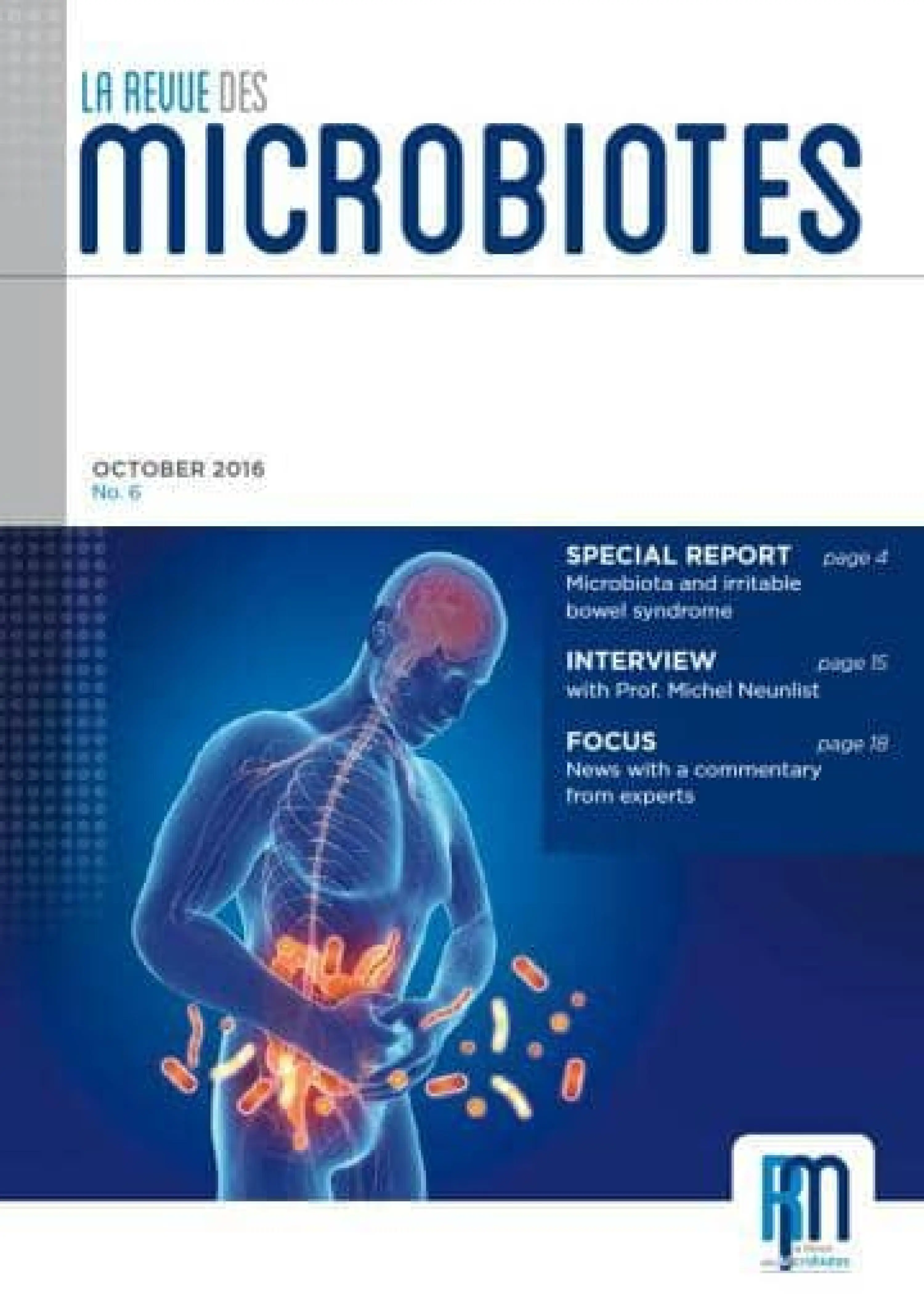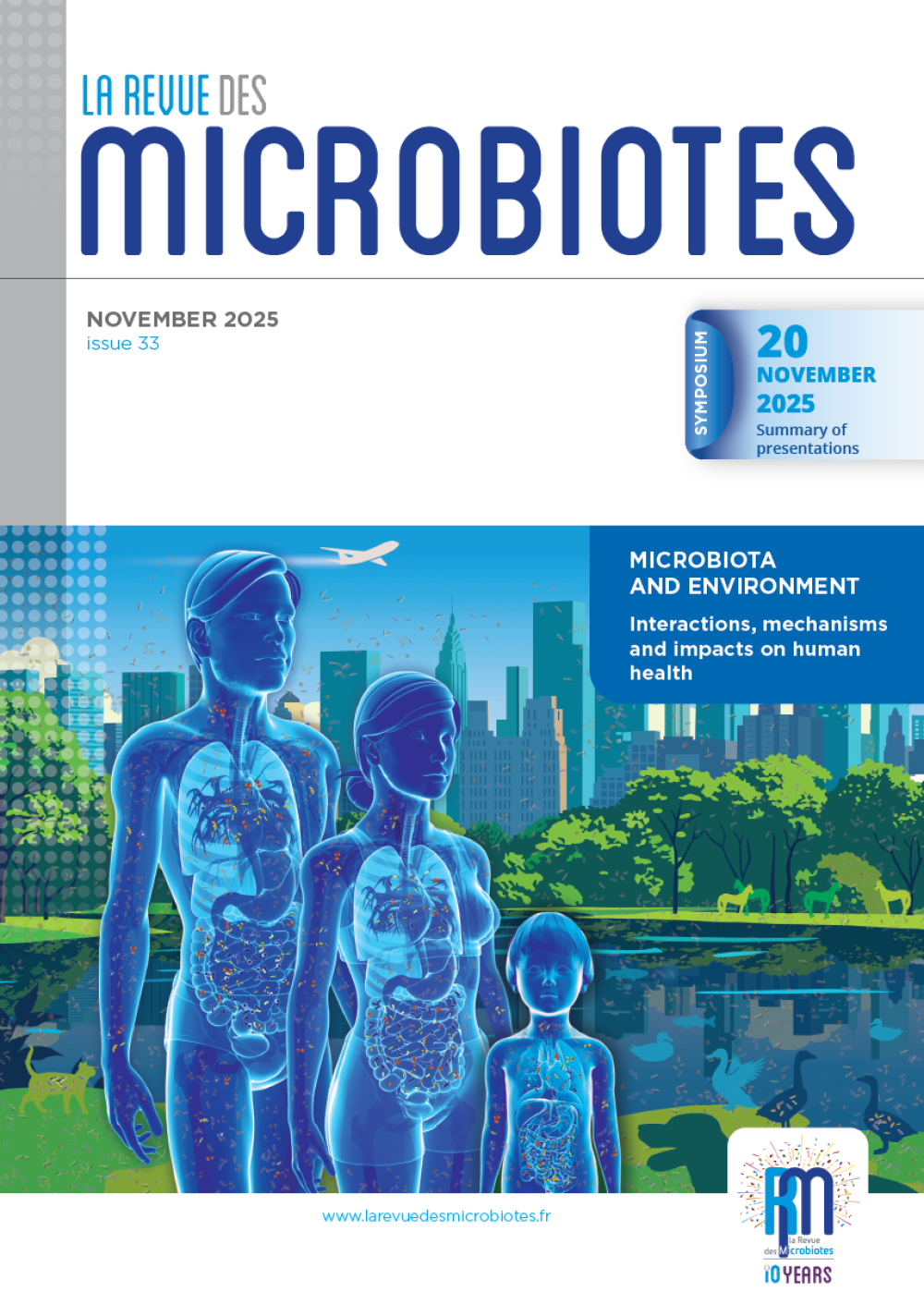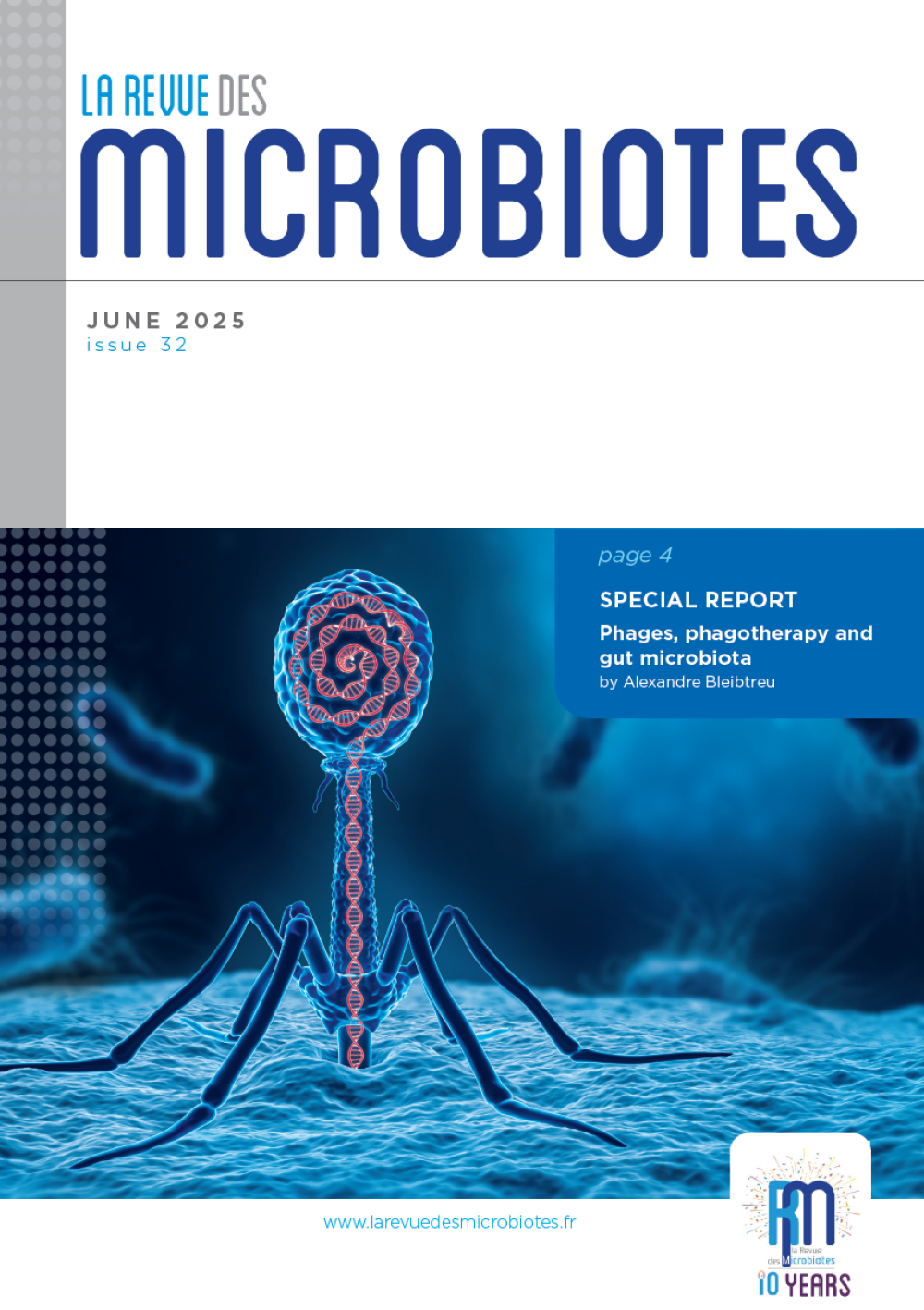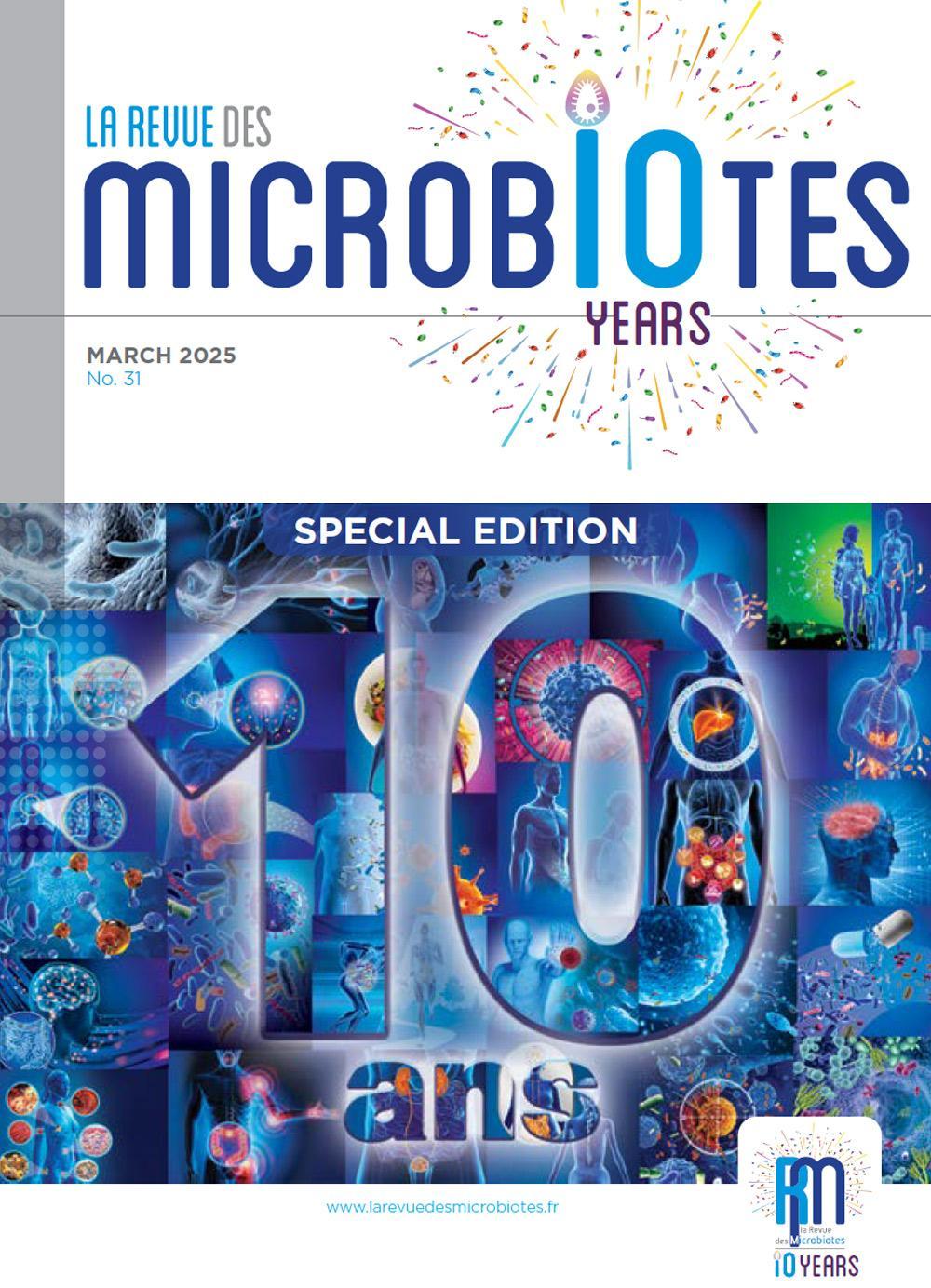The way we view the digestive tract has changed considerably in recent years. This is mainly due to our rising awareness of this highly connected organ with its strong neurological dimension. The media now calls it our second brain, and truly, "the gut" and its contents never cease to amaze with their multitude of interconnections with a myriad of structures, functions and mechanisms.
This latest edition of the La Revue des Microbiotes, with its particular focus on irritable bowel syndrome (IBS), helps to illustrate the wealth of these gut-brain connections, most notably by looking at the intervention of microbiota. And indeed, as dissecting the mechanisms of this disorder remains difficult, an ever growing number of elements point to the influence of the digestive tract's microbial content on the modulation of the expression of this syndrome. Thus, for example, modifications of epithelial permeability are often observed in patients with IBS.
These are known to facilitate the passage of potentially stimulating substances from the intestinal lumen towards abdominal wall structures, including the enteric nervous system and the immune system. In turn, these modifications seem to be modulated by the microbiota. Visceral hypersensitivity, which is frequently observed in IBS patients, could be partially dependent on microbiota composition or products.
The pathogenic approach via the microbiota, even if it cannot alone account for all of the mechanisms and anomalies observed in irritable bowel syndrome, is also a means to better explain the mood swings frequently seen in IBS patients. Such data is now increasingly backed by improvements observed in some patients after receiving pre- and/or probiotics. As always, we will also provide you with news on the latest studies presented or published which increasingly confirm the very large scope of use of microbiota and the numerous paths its study opens up.
And, last but not least, our references on taxonomy will facilitate your reading throughout this issue and help you increase your familiarity with these classifications.
I hope you enjoy it.
Stanislas Bruley des Varannes Editor in Chief of this issue












